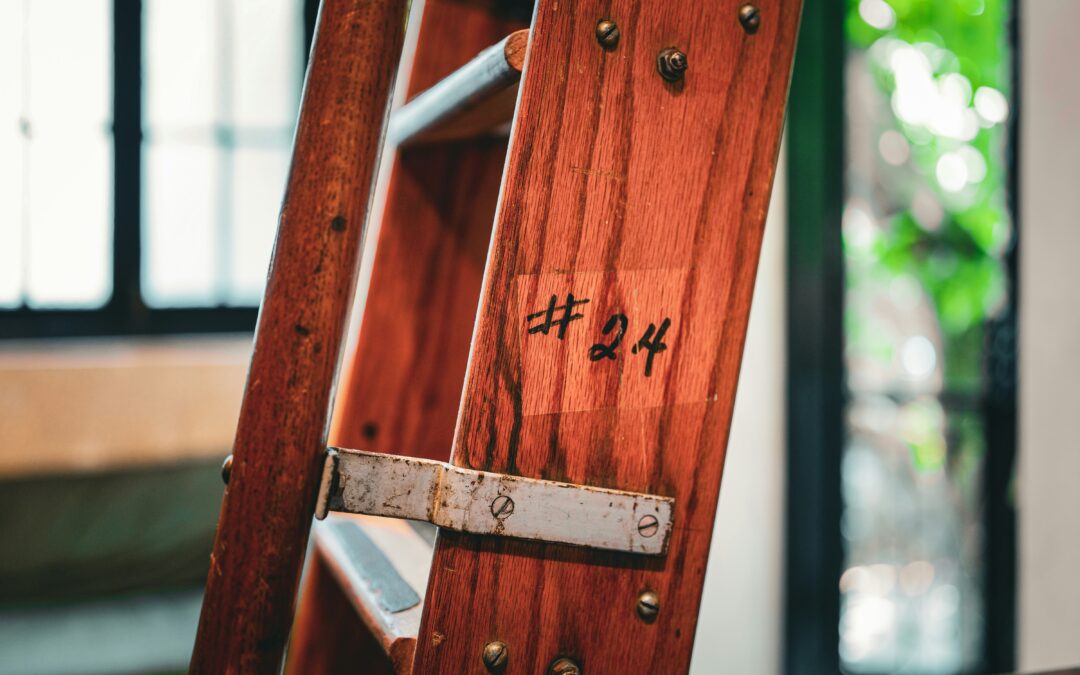Author: Mihali Mqushulu
What does it mean to possess something that is partly unaccepted by a society? Holding with you, the one thing that induces cold glances from strangers and familiars. Are you an outcast, a non-contender? No.
You probably just have a mental health disorder in South Africa.
Despite the popular belief that third world countries are less privy to the worlds ongoing evolution, as a nation we have progressed in numerous fields. We have created and destroyed social constructs that legally binded its people. We have fought to the death (literally) for beliefs and encouraged equality: a battle that went on for more than half a century. Yet for some reason, when we take our armor off as fighters, and look at our internal selves, there are some things we cannot seem to combat. With eyes veiled with shame and mental discrimination, we unknowingly neglect the mental health struggles that reside within us and the ones around us. Juxtapositions then make a grand entrance when the statistics come into play. According to the South African College of Applied Psychology, about 1 in every 6 people suffer from a form of mental illness,(https://www.sacap.edu.za/blog/management-leadership/mental-health-south-africa/) and 4 million out 64 million are diagnosed with bipolar disorder.
Which brings us to the question? How do we turn a country of external wars into a country that accepts internal battles its people face? We start at the people who have been tasked assist us. Our medical institutions as well as its practitioners.
“Despite an increase in awareness, the mood disorder is not well understood outside the psychiatric facility” (Justine, S ; March 2013; City Press). Inside the walls of each of our institutions that offer varying forms of treatment, the initiative that revolves around solving this crisis is constantly underway. But as a an individual, you cannot see the doors of said place if you haven’t dealt with the ones that forbid you from accepting the problem: your environment.
As much as we try to swim out the dense pool of stigmatization that is filtered with lack of understanding, it is up to us to take the first step towards recovery. With this, an awareness of oneself is truly important. You must want to get better. Unless you apply this, you will never see the doors of the psych ward, because you are drowning in snide comments from the people around who claim you are over reacting.
The thing about the healthcare system in our country is that it can be highly beneficial for people who have the means to pay for the services. Having being admitted to private institutions, I can attest to it. But when it comes to the financially disadvantaged majority, which are people of color, it is incredibly hard to access. The growth in terms of new information and awareness in the public facilities and organizations is limited. Medical professionals in public hospitals tend to you with a sense of carelessness. This is due to an overall stress of the huge number of people they have to take care of daily. What they do not realize is that this can heavily contribute to one’s current mental demise. In private facilities however, they have a completely different ball game. The days are filled with intention, compassion and encouragement. If you put the two side to side, it all seems black and white. Yet the main goal is to repair each individual, lower the stats and raise the hope of better days.
What is puzzling to the average South African who is mentally conflicted, is how people who crawl through mud chasing freedom, can be so cavalier about the war that is churning in our minds and hearts. The lack of acceptance in families is the Achilles heel of our people. The facilities then do the bare minimum in stretching their hands and extending knowledge in order to plaster the wound we carry. Strength and resilience are revered the most because strength and resilience basically built this country. But when we start to crumble, to lose ourselves, to throw in the towel of mental stability, we are cast aside in some instances.
The solution is really simple: Normalization. There’s not much else. Once something is normalized, even if it’s a simple “I’m depressed”, we can take a step into educating past and future generations. Once we tell our medical professionals in public clinics that there are mental repercussions for how they tend to patients, we can take a further step forward. The challenge is not the facility or its resources. Thats not the conversation. The challenge is US; The average citizen who decides whether to contribute to or break the cycle of mental neglect in South Africa.
As a youth myself, I intend on implementing strategies such as online awareness. With my following, I’m very specific with what I share. I try dispel the myths that navigate their ways into our homes and social circles. Conversations with my peers also go a long way. You do not have to take in what people because it is your responsibility to educate them on what is correct. It is imperative for young South African people to find their way back to themselves when faced with drastic mental challenges. The correct information, along with normalizing whatever mental struggle they go through, will help them cross the bridge and make the journey.
The content of the International Bipolar Foundation blogs is for informational purposes only. The content is not intended to be a substitute for professional medical advice, diagnosis, or treatment. Always seek the advice of your physician and never disregard professional medical advice because of something you have read in any IBPF content.


